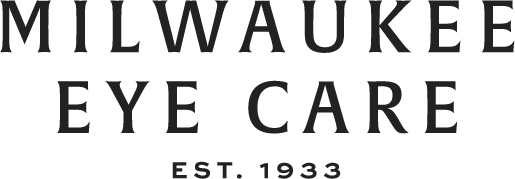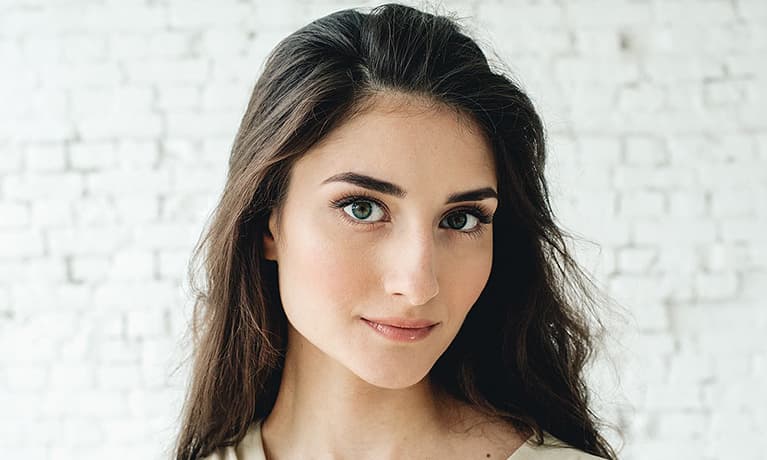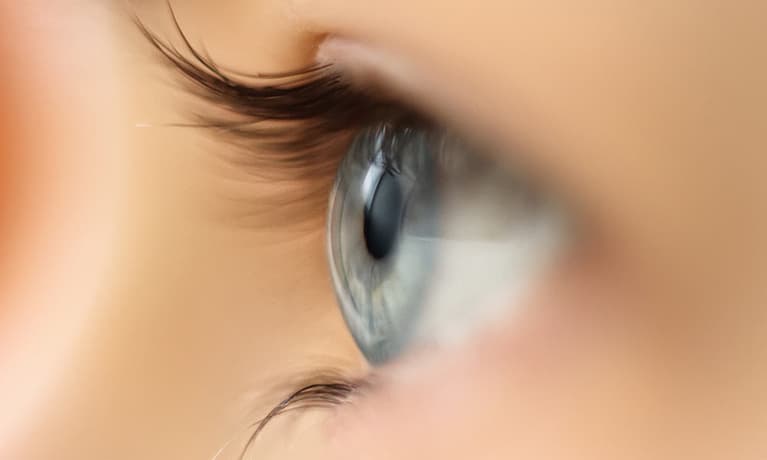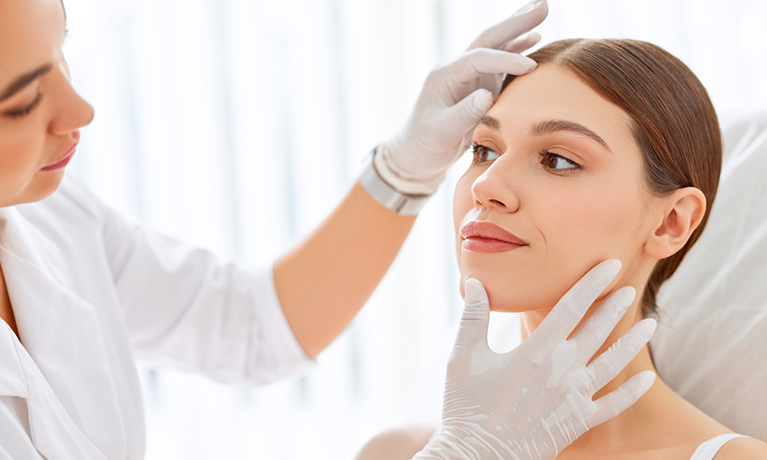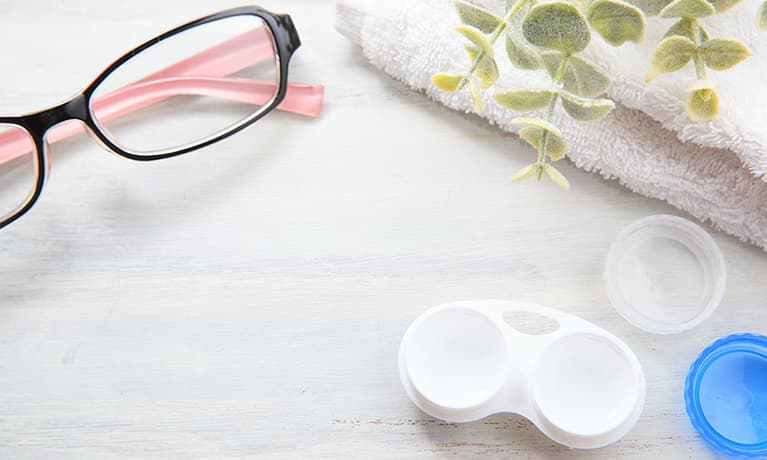Have you ever ordered a much-craved, grease-filled, wonderfully juicy burger and wondered “Is this really what I should be eating?” Common sense tells us that a good diet leads to a healthier & longer life. But what about the eyes? Does diet make much of a difference?
I remember as a young kid being told that carrots are good for the eyes, but why? What are the benefits of all that vitamin A? What else can I add to my diet to keep my eyes healthy?
Vitamin A is necessary for normal retinal function. Other vitamins have also been studied and shown to help prevent or delay conditions such as cataracts and macular degeneration, including:
- Vitamin C
- Vitamin E
- Lutein
- Zinc
- Zeaxanthin
- Omega-3 Fatty Acids
Vitamin C is a top antioxidant. It is contained in foods such as strawberries, grapefruit, oranges and peppers.
Spinach and Kale are rich in antioxidants which help prevent damage from smoking, air pollutants and sunlight. These 2 leafy greens contain zeaxanthin and lutein. Other good sources of these nutrients are collard and other dark leafy greens, broccoli, egg yolks, and peas.
Vitamin E can be found in a variety of foods including seeds and nuts, avacado, mango, spinach, red peppers, and pumpkin. Good sources of zinc include spinach, beef, shrimp, and seeds, and legumes.
Dr. Michelle Pedersen, one of our own optometrists at Milwaukee Eye Care, says that you cannot underestimate the effect of diet on eye health. She does caution against using supplements too enthusiastically, however. “It’s best to get your nutrients from food whenever possible,” she says. High dose antioxidant supplement use has been linked to an increased risk of cancer in some studies, so it’s a good idea to be cautious about dosage and only use a high dose supplement if it’s been specifically recommended by a doctor to treat a condition.
Here’s to your health!
Written by Bart W., Technician with Milwaukee Eye Care
